KARACHI, Sindh, Pakistan
As major political forces continue efforts to string together a coalition after the Feb. 8 elections, a myriad of challenges awaits whoever eventually takes over Pakistan’s government.
Analysts agree the top three priorities for any incoming government will be the faltering economy, rising political instability and the looming threat of a resurgence of terrorism.
Amid a hung parliament and rigging allegations, independent candidates backed by Pakistan Tehreek-e-Insaf (PTI), the party of jailed former Prime Minister Imran Khan, have emerged as the single largest group, securing 93 out of 266 directly contested seats of the lower house of Parliament, known as the National Assembly.
PTI, however, is struggling to find a coalition partner with enough seats.
That leaves the Pakistan Muslim League – Nawaz (PML-N) of three-time Prime Minister Nawaz Sharif and Pakistan People’s Party (PPP) of former Foreign Minister Bilawal Bhutto Zardari in pole position at the moment.
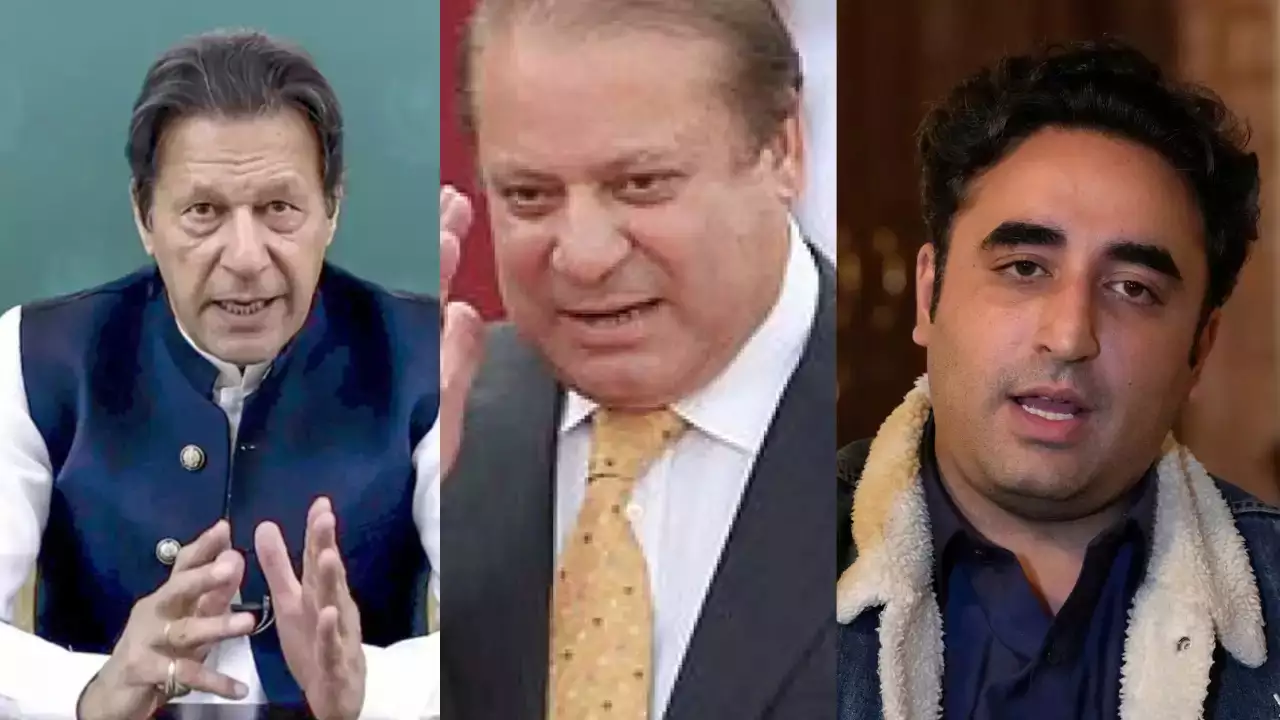
However, the confluence of formidable challenges will test any incoming government, with experts stressing the imperative need to chart short- and long-term plans.
With escalating political uncertainty, a balance of payment crisis, severely depleted foreign reserves and increasingly bleak prospects of external financing, Pakistan is presumably sitting on an economic powder keg.
“The economy of Pakistan presently is in a horribly bad shape, and that will be the biggest challenge for the new government,” Shahid Hasan Siddiqui, a Karachi-based economist, told Anadolu.
Fundamental structural reforms are “desperately” needed to mellow down the economic headwinds, he asserted.
The first thing the new government will need is another International Monetary Fund (IMF) program to prop up the economy and restore some sort of confidence, he said.
The IMF approved a $6.5 billion bailout package in 2019, followed by a $3 billion standby arrangement in June 2023, to keep the Pakistani economy afloat.
To meet the IMF’s stringent demands, then-Prime Minister Shehbaz Sharif and his coalition government cut back on subsidies, removed an artificial cap on the exchange rate, pushed up taxes, and hiked fuel and electricity prices.
All of this came as inflation soared, growth stalled, and what was once the strongest currency in the region became the weakest.
After completing the $3 billion standby program, the government must negotiate for another IMF package as Pakistan has “significant” payments due to the global lender, according to Siddiqui.
Sharing a similar view, Khaqan Najeeb, an Islamabad-based analyst and a former adviser to the Finance Ministry, said the first challenge for the upcoming government will be to complete the last review of the $3 billion IMF arrangement, likely to be held sometime in February or March.
Simultaneously, he told Anadolu, the new government should discuss the contours of a fresh deal, “signaling to investors clearly that Pakistan is ready to glide into a new IMF program.”
Pakistan currently owes an external debt of $125 billion, of which, nearly 25% is toward China, according to official figures.
Another challenge on the economic front will be to formulate a strategy for the next budget, usually announced in June, Najeeb added, emphasizing that “it should not be conventional in nature, but much more reform-oriented.”
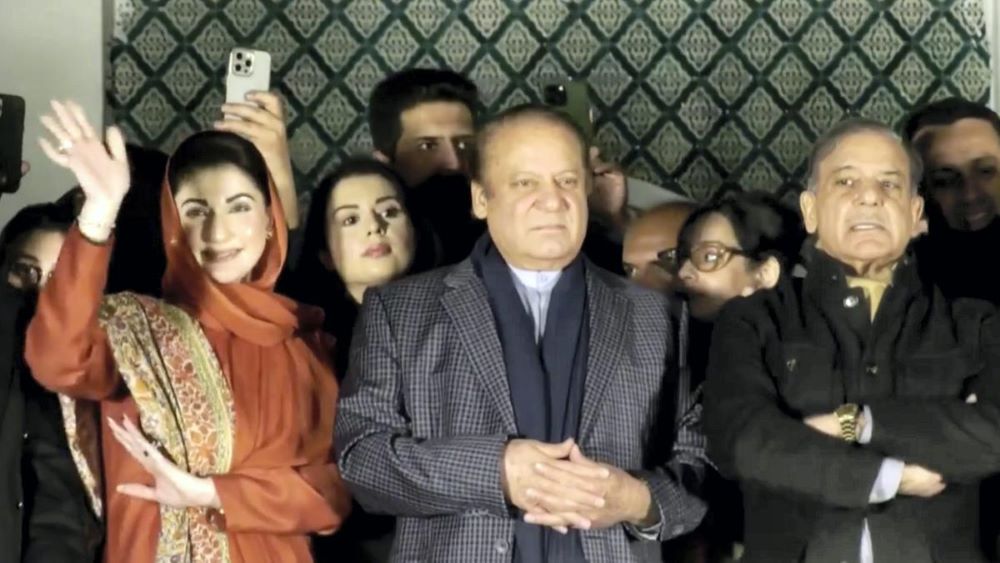 – Structural reforms
– Structural reforms
Shehbaz Sharif, who is likely to land a second term as premier, has said that any coalition government led by PML-N will seek a new IMF program “without any delay.”
According to Siddiqui, the next government will have to document the economy, enhance tax revenues without burdening the common man, “drastically” reduce unproductive expenditures, push reforms in the energy sector, and tackle the “financial terrorism, which is being done through money laundering and fictitious remittances.”
“These basic structural reforms must be implemented within 100 days after the formation of the new government to make its intent and direction clear for all,” he said.
“If these structural reforms … are not implemented on both the federal and provincial levels, then not only Pakistan’s economy but its security will also be at a serious risk, as they go hand-in-hand.”
He also called for the establishment of an “effective, capable and transparent” accounting system to control “rampant” corruption.
– ‘Process of reconciliation’
Maleeha Lodhi, Pakistan’s former ambassador to US, said the new administration’s “governing ability” will be constrained by a volatile domestic environment, mainly the “persisting” political polarization.
On top of that is the most serious economic crisis in the country’s history and the surge in security threats, she said.
Pakistan has been engulfed by political unrest since Khan was ousted from office through a no-trust vote in April 2022.
Many do not see a thaw in political tensions on the horizon, with the Feb. 8 polls marred by rigging allegations from PTI and other parties, charges that the caretaker government and electoral authorities deny.
“Without political stability, it will not be possible for the government to focus on fixing the economy,” Lodhi, who also served as Islamabad’s permanent representative to the UN, told Anadolu.
“The volatility in the market is already underlining how uncertainty can set back economic stabilization.”
To address this particular problem, she suggested that the new government should launch a “process of reconciliation.”
“A process of reconciliation is needed between all those elected to Parliament,” she said.
“Nawaz Sharif has said he is prepared to reach out to independents who have been elected. If this actually happens, it will help bring the political temperature down and pave the way for political parties to work together.”
Siddiqui, the economist, argued that while political stability is important, it does not guarantee economic progress.
“There have been periods when Pakistan had political stability but the economy was still in bad shape,” he said.
“If prudent economic policies are framed and people feel they are getting justice and relief from the government, then even if there is some political instability, I think that won’t affect the growth and progress of the economy.”
– Security challenges
Talat Masood, a retired army general and security analyst based in the capital, feels that security will remain a major test for the incoming government, specifically as the country has seen a surge in terrorism in recent months.
“The new government must focus on security issues because it’s directly affecting the economy and politics,” Masood, who served in the army from 1956 to 1992, told Anadolu.
Pakistan has seen an uptick in terrorist attacks since the Afghan Taliban returned to power in Kabul in 2021.
Islamabad has accused Kabul of “patronizing” militants loyal to the Tehreek-e-Taliban Pakistan, an umbrella group of different terrorist outfits operating in Pakistan, who have been involved in attacks on Pakistani security forces and civilians. Afghanistan denies the allegations.
According to Masood, the new government must come in with a “comprehensive and multi-pronged” approach, including development of border areas and good relations with Afghanistan, to deal with the security challenges.
“A military solution alone won’t work,” he asserted.
__________________
Published under International Cooperation With "Sindh Courier"
 DEWA provides its services through ChatGPT Apps Directory
DEWA provides its services through ChatGPT Apps Directory
 Voting begins in Japan's general election
Voting begins in Japan's general election
 China's foreign exchange reserves rise in January
China's foreign exchange reserves rise in January
 Tropical Cyclone Mitchell approaches Western Australia's Pilbara region, ports closed
Tropical Cyclone Mitchell approaches Western Australia's Pilbara region, ports closed
 Czech Bejlek celebrates career-first WTA tour title at Mubadala Abu Dhabi Open
Czech Bejlek celebrates career-first WTA tour title at Mubadala Abu Dhabi Open
 Sharjah Ruler inaugurates Al Mudarissa Tower in Al Dhaid
Sharjah Ruler inaugurates Al Mudarissa Tower in Al Dhaid
 Europe’s gas storage falls below 40%
Europe’s gas storage falls below 40%

 DEWA provides its services through ChatGPT Apps Directory
DEWA provides its services through ChatGPT Apps Directory
 Voting begins in Japan's general election
Voting begins in Japan's general election
 China's foreign exchange reserves rise in January
China's foreign exchange reserves rise in January
 Tropical Cyclone Mitchell approaches Western Australia's Pilbara region, ports closed
Tropical Cyclone Mitchell approaches Western Australia's Pilbara region, ports closed
 Czech Bejlek celebrates career-first WTA tour title at Mubadala Abu Dhabi Open
Czech Bejlek celebrates career-first WTA tour title at Mubadala Abu Dhabi Open
 Sharjah Ruler inaugurates Al Mudarissa Tower in Al Dhaid
Sharjah Ruler inaugurates Al Mudarissa Tower in Al Dhaid
 Europe’s gas storage falls below 40%
Europe’s gas storage falls below 40%



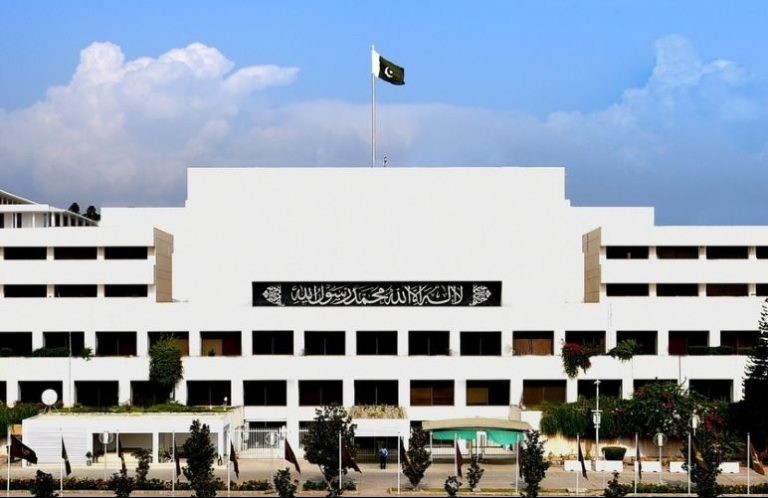

 – Structural reforms
– Structural reforms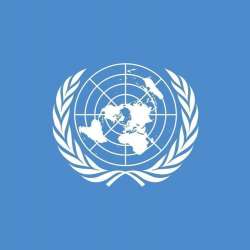


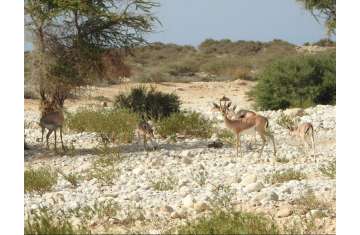
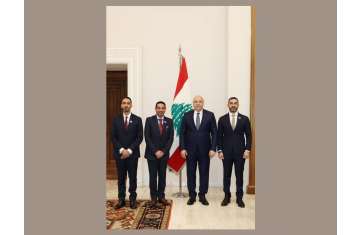

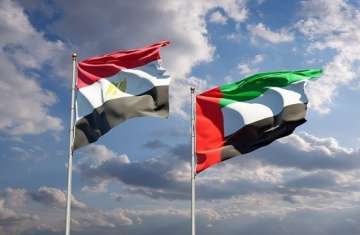
Comments